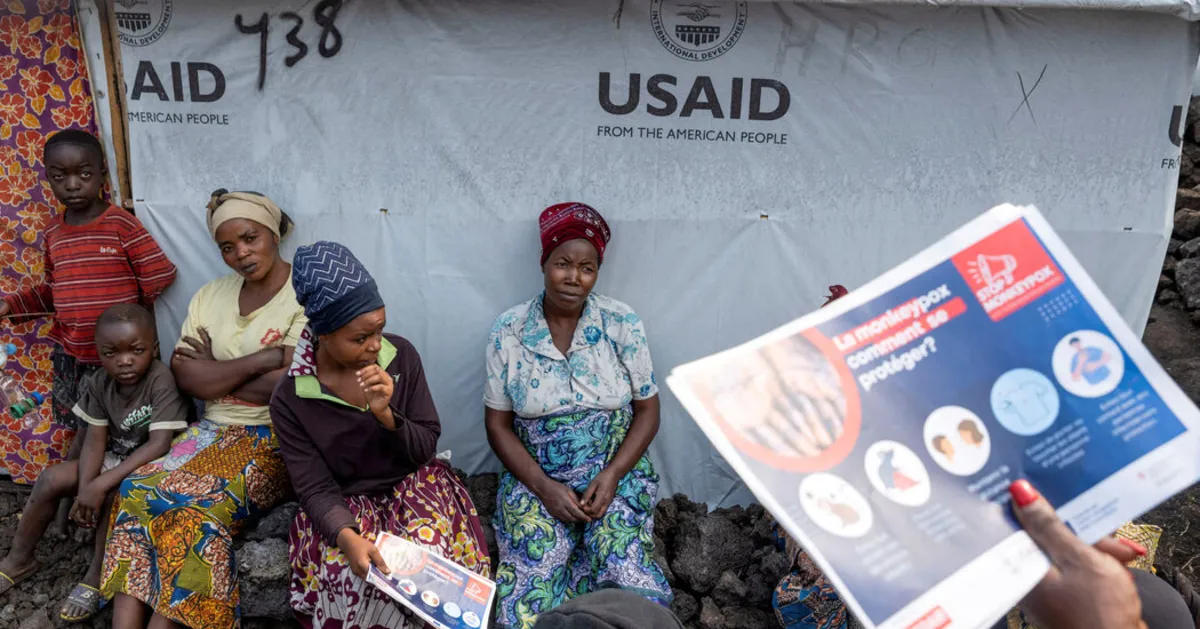
On Wednesday afternoon, a significant wave of emails was dispatched from the State Department in Washington, reaching various organizations around the globe. These messages landed in the inboxes of refugee camps, tuberculosis clinics, polio vaccination projects, and numerous other crucial initiatives that rely on funding for their lifesaving work.
The emails, which bore a stark message, began with the phrase, “This award is being terminated for convenience and the interest of the U.S. government.” This abrupt communication marked the cessation of funding for approximately 5,800 projects previously financed by the United States Agency for International Development (USAID). Such a drastic change signifies the conclusion of a tumultuous period during which the Trump administration had announced a freeze on these projects for an ostensible review.
The termination of funding has left many organizations grappling with uncertainty and despair, as it indicates that any remaining hope for continued American assistance has now evaporated. These projects, which had previously received waivers from the funding freeze, were recognized by the State Department as essential and lifesaving, further underscoring the impact of this decision on global health and humanitarian efforts.
This development raises critical questions about the future of international aid and the role of the U.S. in supporting global health initiatives. With the termination of these vital funds, many organizations may struggle to maintain their operations, impacting millions who rely on these services. The decision highlights the delicate balance between U.S. foreign policy and the provision of humanitarian assistance, an area that warrants close attention as the global community assesses the implications of these funding cuts.
As the dust settles on this latest wave of terminations, stakeholders in the fields of health and humanitarian aid will need to adapt swiftly to the shifting landscape, advocating for alternative funding sources and strategies to continue their critical work.